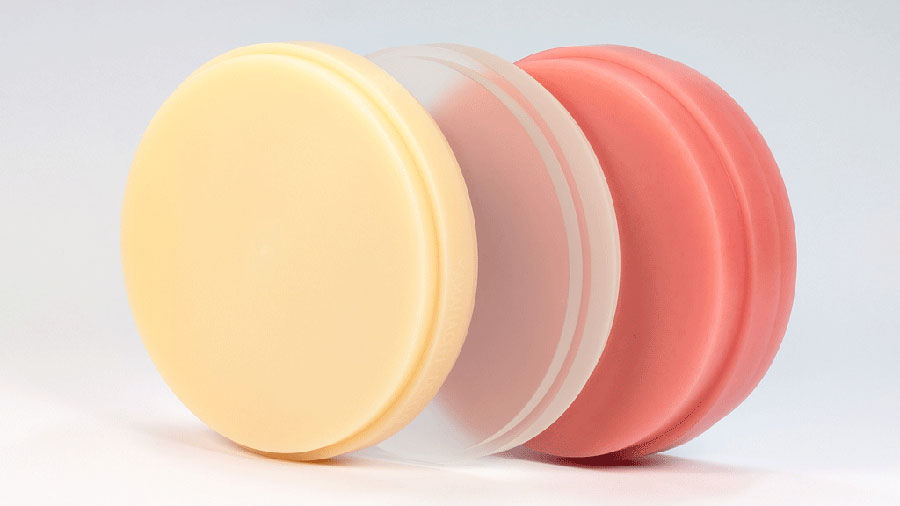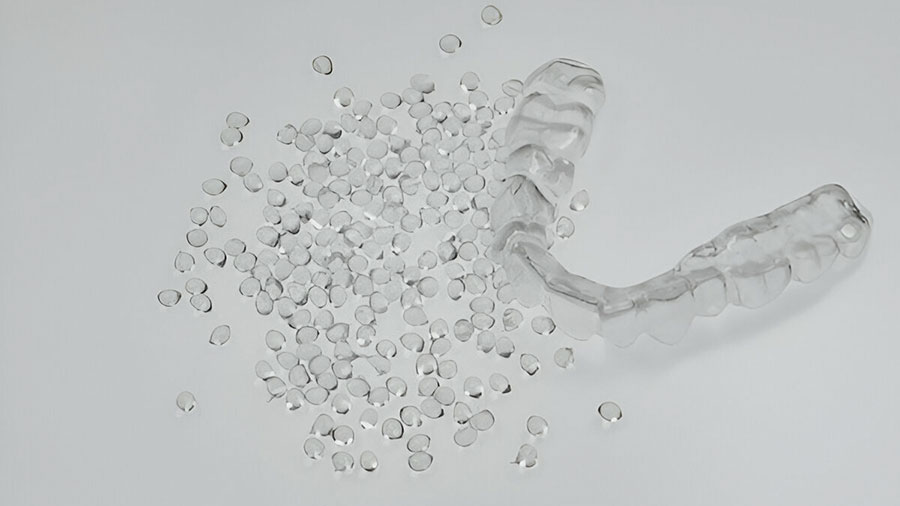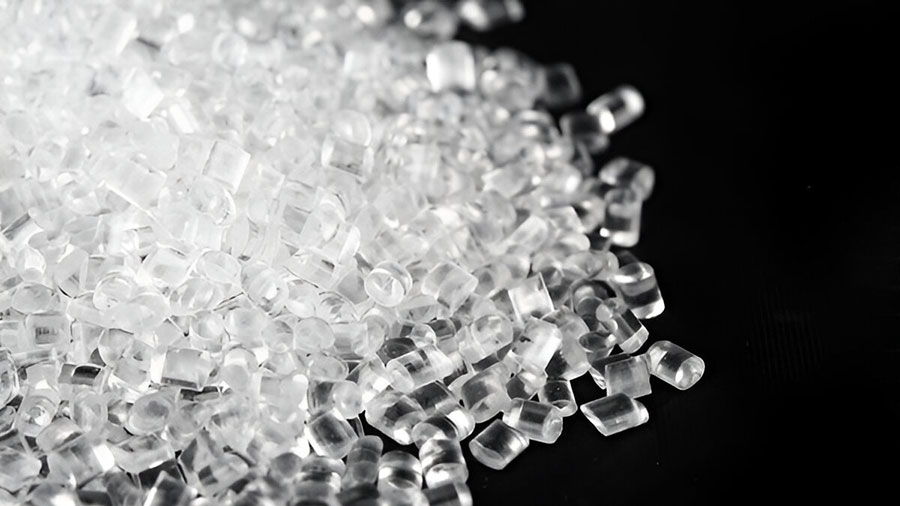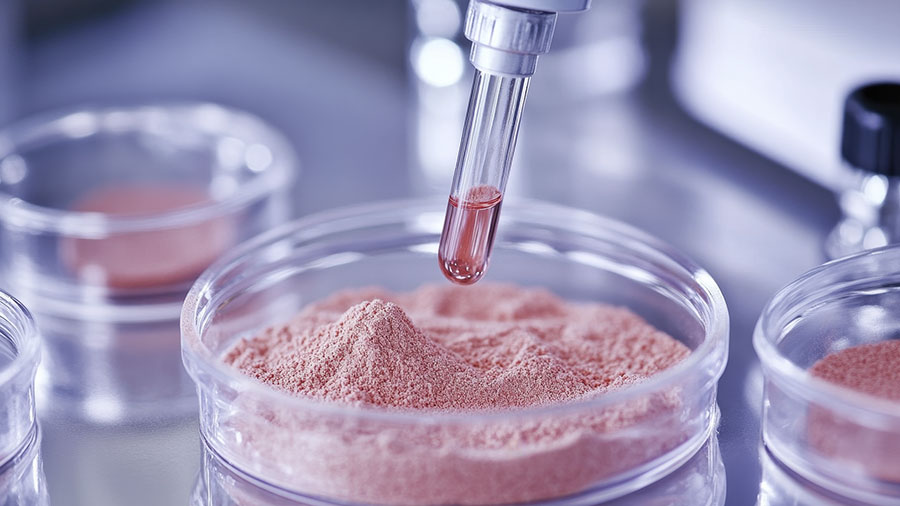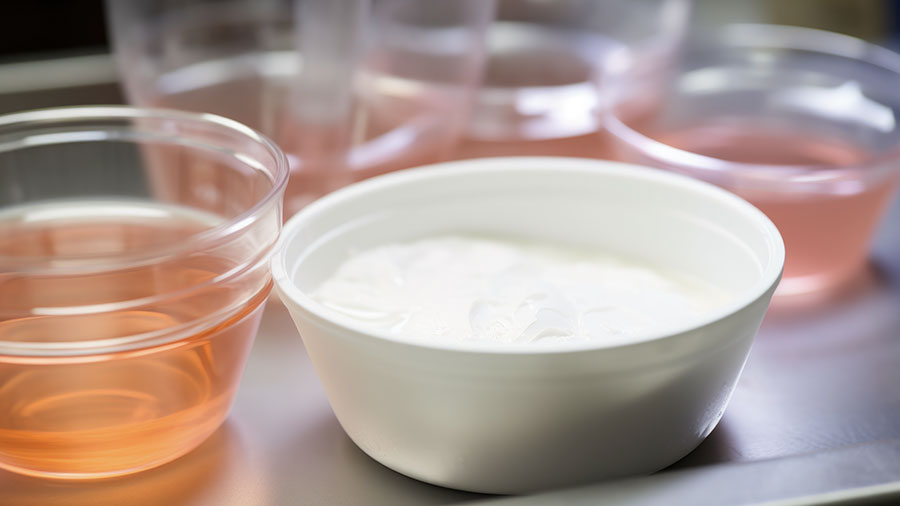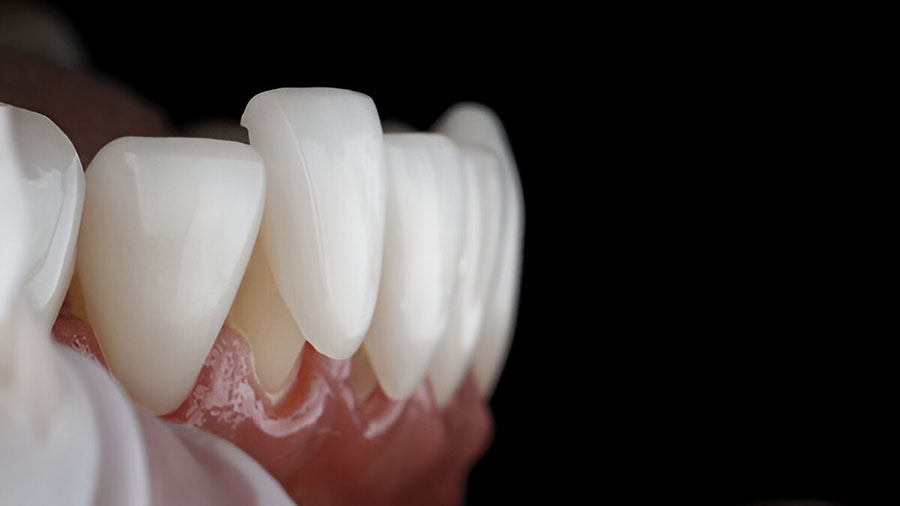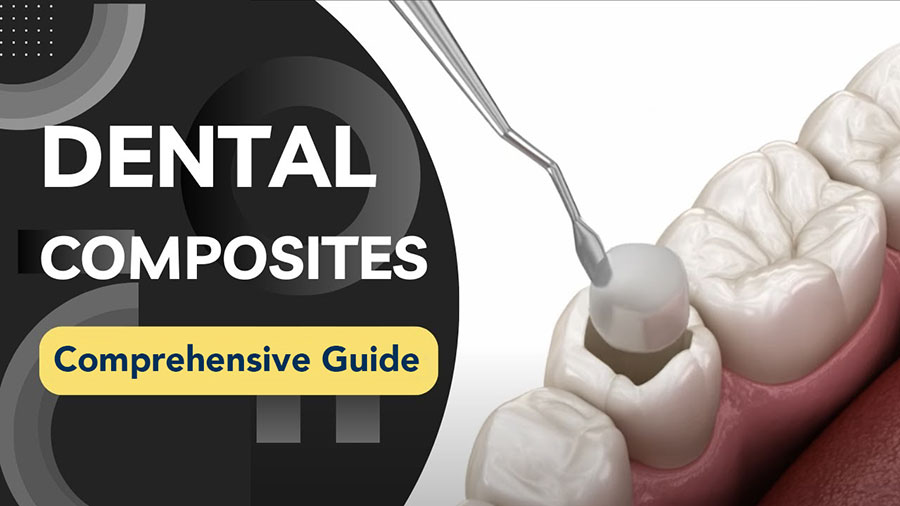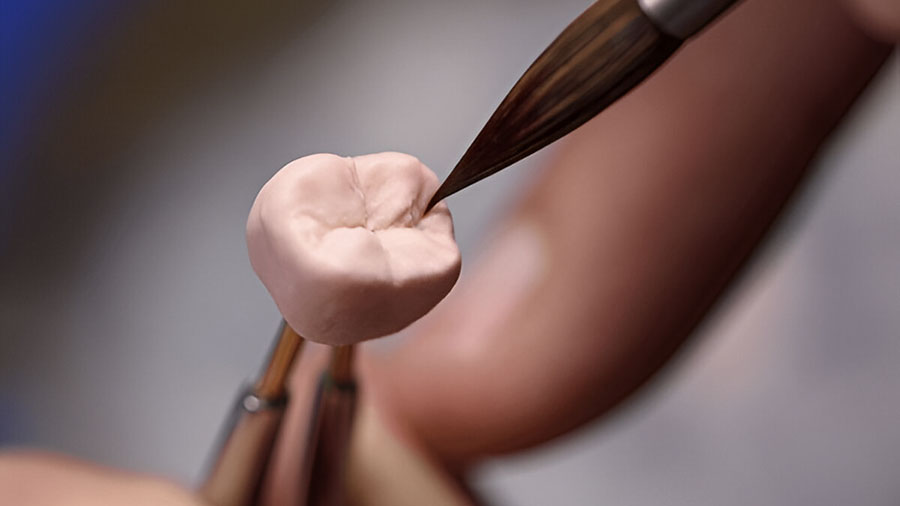Dental amalgam has been a cornerstone material in restorative dentistry for over 150 years. Despite the rise of newer, tooth-colored materials, amalgam remains a reliable option for specific clinical applications due to its durability, cost-effectiveness, and proven track record. This article provides a detailed overview of dental amalgam, including its composition, properties, laboratory procedures, clinical applications, safety considerations, and modern perspectives within dental labs.
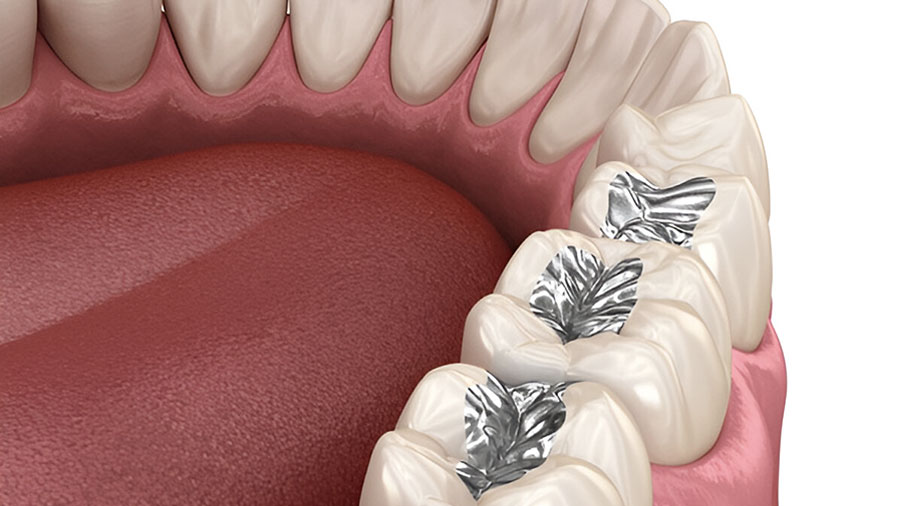
Table of contents [Show]
Definition and Composition
Dental amalgam is a restorative material composed of a mixture of metals. Its primary components include:
Liquid (elemental) mercury: Approximately 50% by weight.
Powdered alloy: A blend of silver, tin, and copper, with small amounts of zinc and other metals, as specified by the Environmental Protection Agency (EPA).
The American Dental Association (ADA) recognizes amalgam as a safe, affordable, and durable material that has been used to restore teeth for over a century. Its unique composition allows it to withstand the forces of mastication, making it ideal for stress-bearing restorations.
Material Properties and Characteristics
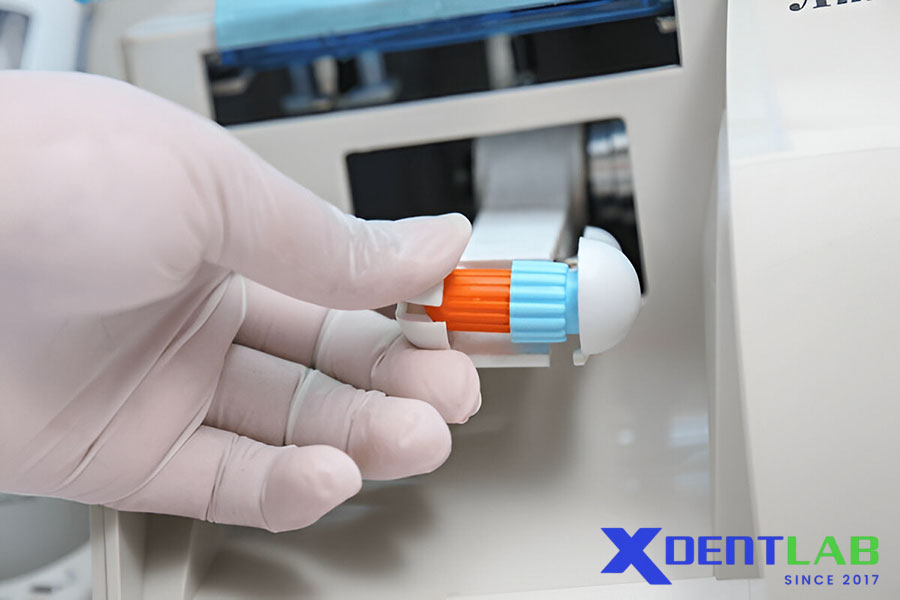
Dental amalgam is valued for its exceptional physical and mechanical properties, which include:
High compressive strength: Capable of withstanding significant biting forces, particularly in posterior teeth.
Excellent durability: Amalgam restorations typically last 10-15 years or longer with proper care.
Self-sealing capability: Over time, amalgam restorations develop marginal seals that reduce microleakage.
Bacteriostatic properties: The material inhibits bacterial growth, reducing the risk of secondary caries.
Cost-effectiveness: Compared to composite or ceramic restorations, amalgam remains an affordable option for patients.
Laboratory Procedures and Mixing Techniques
The preparation of dental amalgam requires precision to achieve optimal physical properties. Dental labs and clinics typically use one of two methods for amalgam preparation:
Pre-measured Disposable Capsules
The most common method in modern practice.
Contains pre-proportioned amounts of mercury and alloy powder.
Ensures a consistent mercury-to-alloy ratio, reducing the risk of errors.
Non-disposable Capsule System
Requires manual proportioning of mercury and alloy powder.
Less commonly used in contemporary dentistry due to the complexity and potential for inconsistencies.
Mixing Process
Amalgamation occurs in a mechanical amalgamator, which combines the mercury and alloy powder.
Typical mixing time ranges from 10-15 seconds, depending on the manufacturer's specifications.
Proper trituration (mixing) is essential to achieve a homogenous mix with optimal handling and physical properties.
Clinical Applications

Dental amalgam remains a versatile material with a wide range of clinical applications, particularly in stress-bearing areas.
Primary Uses
Class I and II posterior restorations: Ideal for restoring cavities in molars and premolars.
Core build-ups: Provides a strong foundation for crowns.
Retrograde root canal fillings: Used in apicoectomy procedures.
Large multi-surface restorations: Suitable for restorations involving multiple cusps.
Advantages
Long clinical track record: Over 150 years of proven success.
Technique forgiving: Less sensitive to moisture contamination compared to composite materials.
Excellent wear resistance: Withstands heavy occlusal forces.
Biocompatibility and Safety Considerations
The safety of dental amalgam has been extensively studied and supported by major regulatory bodies, including the FDA and ADA.
Key Safety Points
Mercury vapor release from amalgam is minimal and well below established safety thresholds.
No scientific evidence links amalgam to systemic diseases.
Contraindications include:
Patients with known mercury allergies.
Pregnant women (as a precautionary measure).
Children under 6 years old, per FDA recommendations.
The ADA emphasizes that amalgam is a safe and effective restorative material when used according to established guidelines.
Regulatory Framework
Dental amalgam is subject to strict regulations to ensure its safe use and disposal.
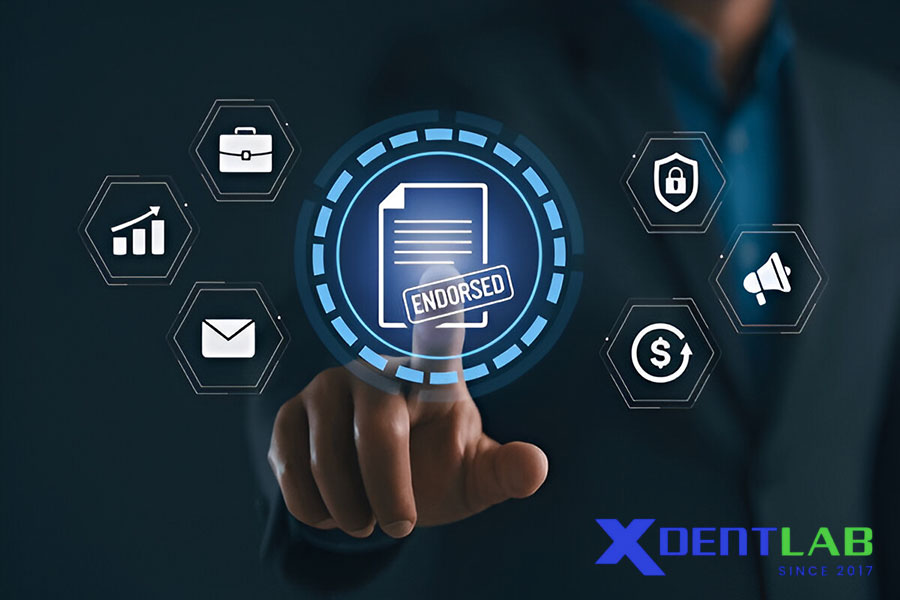
FDA Classification
Classified as a Class II medical device, indicating moderate risk with established safety protocols.
EPA Regulations
Dental offices must install amalgam separators to prevent mercury discharge into wastewater systems.
Proper disposal protocols for amalgam waste are required to minimize environmental impact.
ADA Position
Supports the continued use of amalgam as a safe and effective restorative option.
Advocates for dentist-patient choice in material selection.
Promotes proper handling, storage, and disposal procedures.
Modern Considerations in Dental Labs
While the use of dental amalgam has declined with the introduction of tooth-colored materials, it remains an important option in restorative dentistry. Dental laboratories must stay informed about the material's handling, safety, and regulatory requirements.
Key Responsibilities for Dental Labs
Proper Handling and Safety Protocols
Ensure technicians follow mercury hygiene practices to minimize exposure.
Use appropriate equipment, such as fume hoods, during amalgam handling.
Waste Management Procedures
Implement EPA-compliant disposal methods for amalgam waste.
Maintain amalgam separators to prevent environmental contamination.
Alternative Materials
Offer alternative restorative options, such as composite or ceramic materials, for patients who prefer amalgam-free restorations.
Despite the growing preference for aesthetic materials, amalgam continues to play a vital role in restorative dentistry, particularly for large posterior restorations where durability and cost-effectiveness are critical.
Conclusion
Dental amalgam remains a trusted and reliable material in the field of restorative dentistry, backed by over 150 years of clinical success. Its unique properties, cost-effectiveness, and durability make it a valuable option for specific applications, particularly in stress-bearing areas.
From a U.S. dental lab perspective, understanding the composition, preparation techniques, and regulatory requirements of amalgam is essential for delivering high-quality restorations. While the use of amalgam has decreased with the rise of tooth-colored materials, it remains an important tool in the arsenal of restorative dentistry, ensuring patients receive durable and cost-effective care.
As a global leader in dental lab services, XDENT LAB is committed to maintaining the highest standards in material handling, safety, and compliance, ensuring the best outcomes for dental practices and their patients.
XDENT LAB is an expert in Lab-to-Lab Full Service from Vietnam, with the signature services of Removable & Implant, meeting U.S. market standards – approved by FDA & ISO. Founded in 2017, XDENT LAB has grown from local root to global reach, scaling with 2 factories and over 100 employees.. Our state-of-the-art technology, certified technicians, and commitment to compliance make us the trusted choice for dental practices looking to ensure quality and consistency in their products.
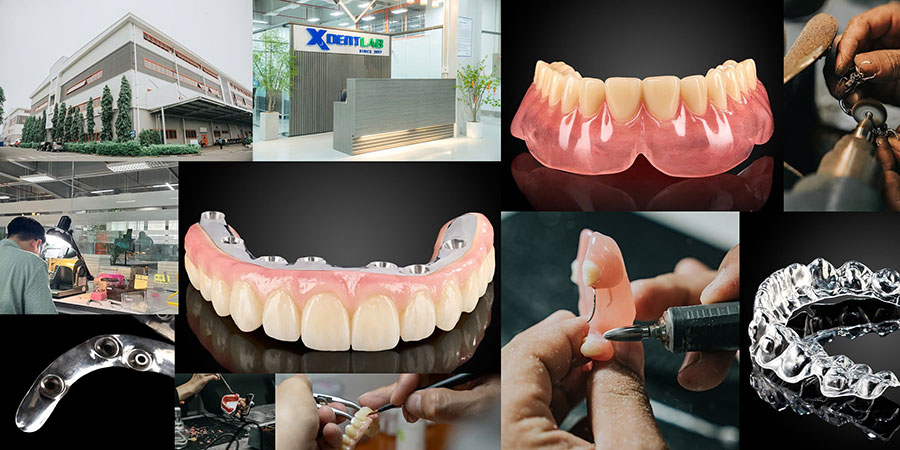
Our commitments are:
100% FDA-Approved Materials.
Large-Scale Manufacturing, high volume, remake rate < 1%.
2~3 days in lab (*digital file).
Your cost savings 30%.
Uninterrupted Manufacturing 365 days a year.
Contact us today to establish a strategy to reduce operating costs.
--------❃--------
Vietnam Dental Laboratory - XDENT LAB
🏢 Factory 1: 95/6 Tran Van Kieu Street, Binh Phu Ward, Ho Chi Minh City, Vietnam
🏢 Factory 2: Kizuna 3 Industrial Park, Can Giuoc Commune, Tay Ninh Province, Vietnam
☎ Hotline: 0919 796 718 📰 Get detailed pricing





